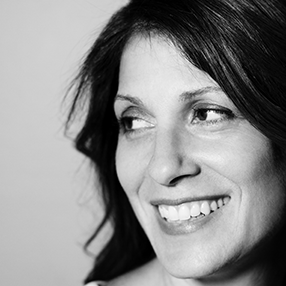Bobolink
In a meadow
as wide as a wound
I thought to stop
and study the lesser stitchwort’s
white flowers lacing up
boot-level grasses
when I was scolded in song
by a black and white bird
whose wings sipped air,
swallow-like, until he landed
on the highest tip
of yellow dock,
still singing his beautiful warning,
the brown female
with him in fear.
The warning was real:
the anniversary of my husband’s suicide.
What was the matter with life? Sometimes
when wind blows,
the meadow moves like an ocean,
and on that day,
I was in its wake—
I mean the day in the meadow.
I mean the day he died.
This is not another suicide poem.
This is a poem about a bird
I wanted to know and so
I spent that evening looking
up his feathers and flight,
spent most of the night
searching for mating habits
and how to describe the yellow
nape of his neck like a bit
of gothic stained glass,
or the warm brown
females with a dark eyeline.
How could I have known
like so many species
they too are endangered?
God must be exhausted:
those who chose life;
those who chose death.
That day I braided a few
strips of timothy hay
as I waited for the pair
to move again, to lift
from the field and what,
live? The dead can take
a brother, a sister; not really.
The dead have no one.
Here in this field
I worried the mowers
like giant gorging mouths
would soon begin again
and everything would be
as it will.
Copyright © 2021 by Didi Jackson. Originally published in Poem-a-Day on April 19, 2021, by the Academy of American Poets.
“I wrote this poem the evening after a hike at the Taconic Mountain Ramble State Park’s Japanese Gardens in Hubbardton, Vermont. It was July 13th, the anniversary of my late husband’s suicide. Each year on that day, I prefer to be outside and in nature if possible. As I passed through a yet to be mowed field, I was scolded by several pairs of bobolinks. I realized they were in fear for their nests. Then I worried about the mower I knew would come through any time. Luckily, the University of Vermont has begun an incentive program to encourage New England farmers to delay their second cutting, so the birds have enough time to breed and raise their young.”
—Didi Jackson

